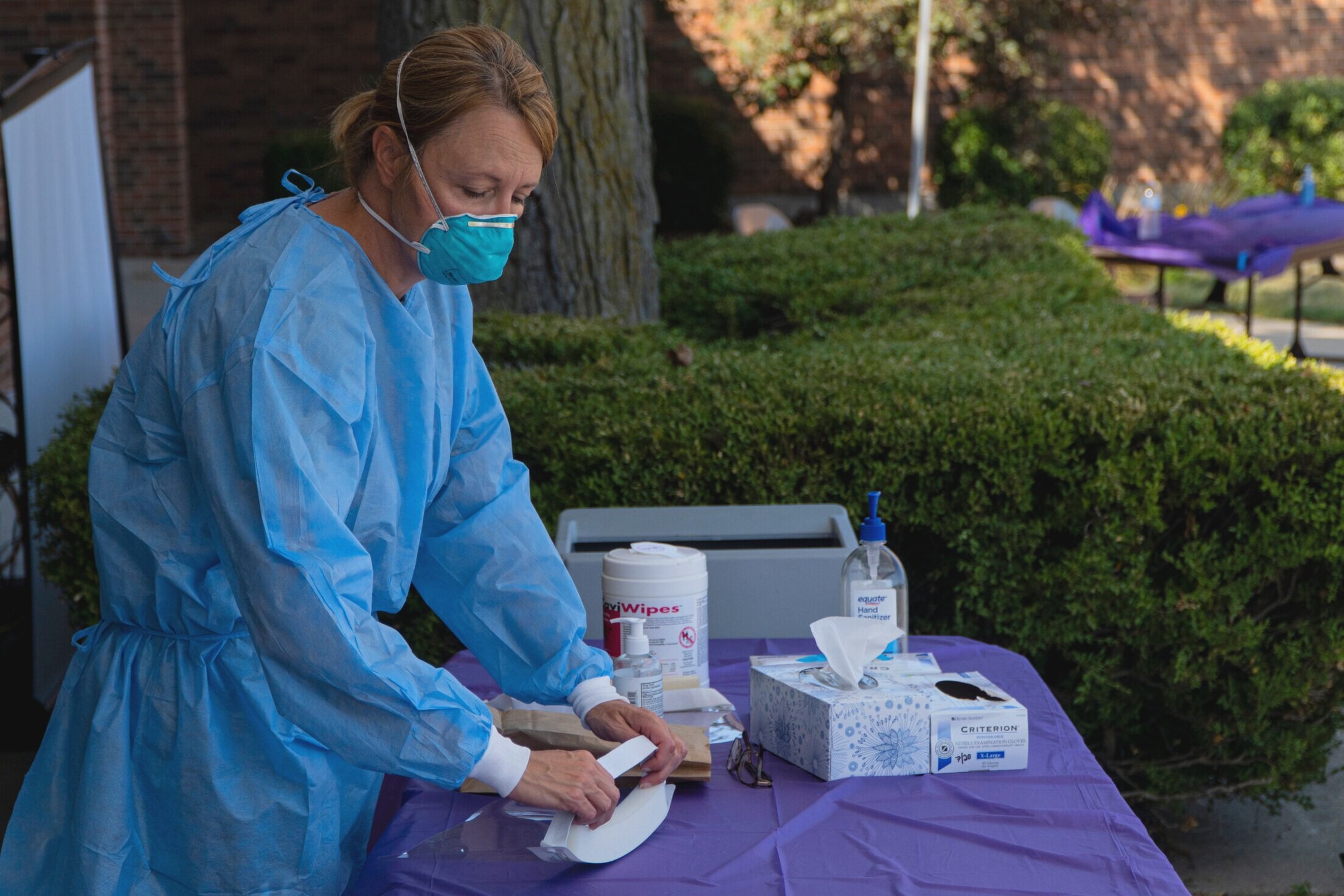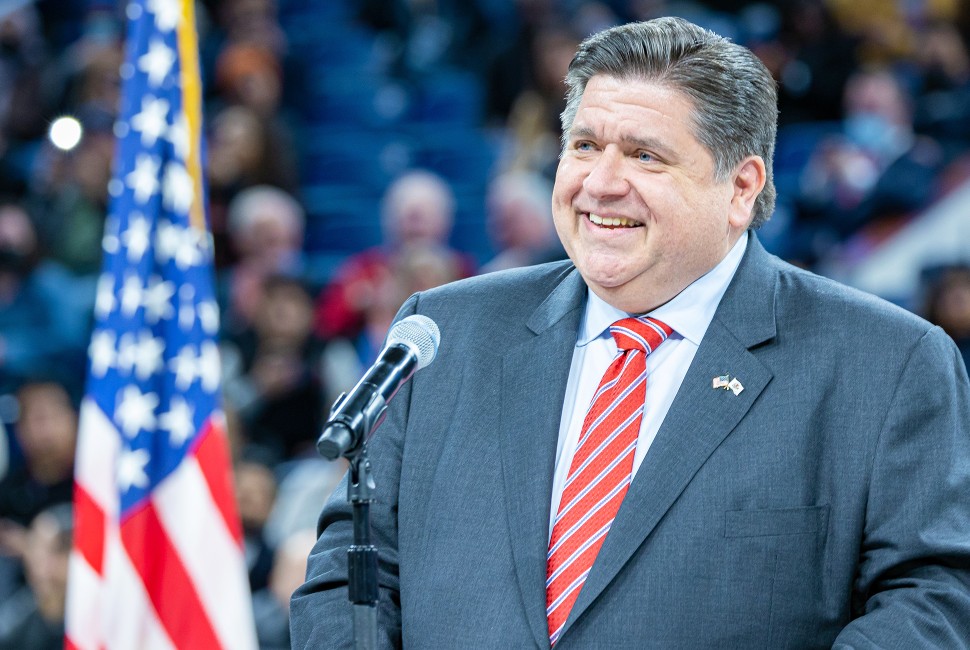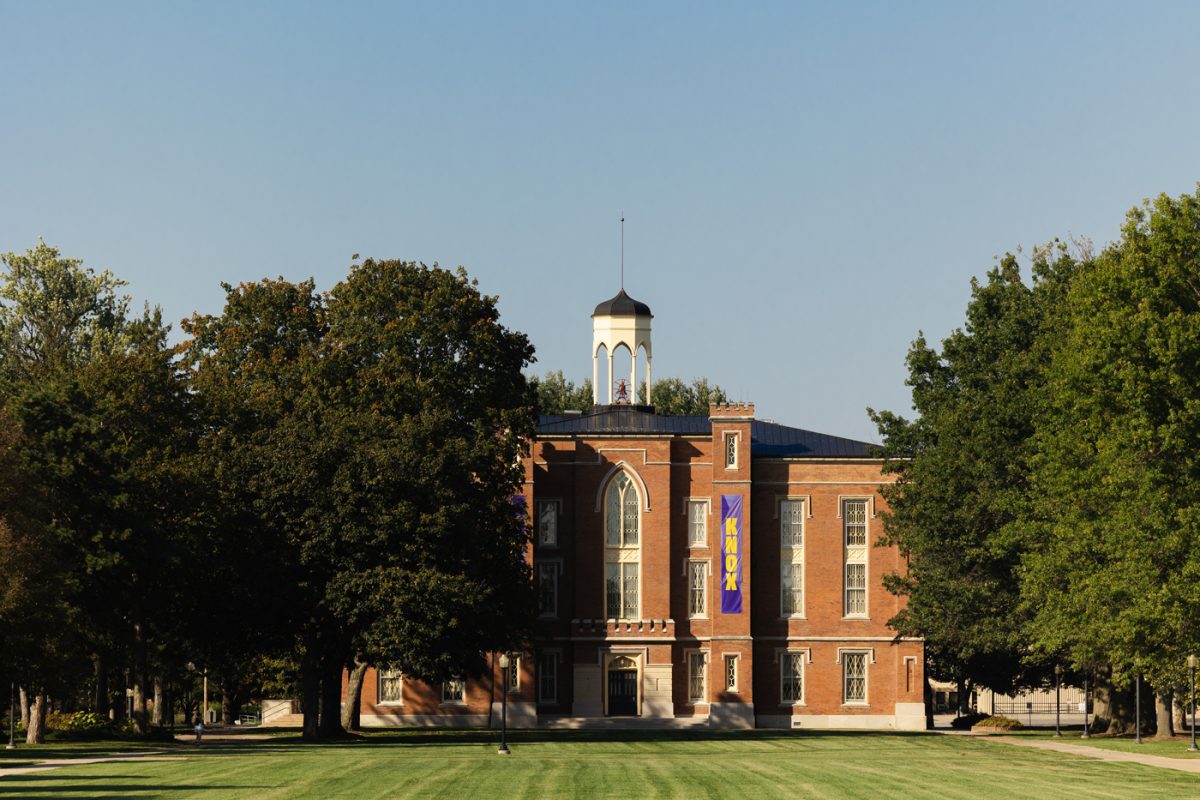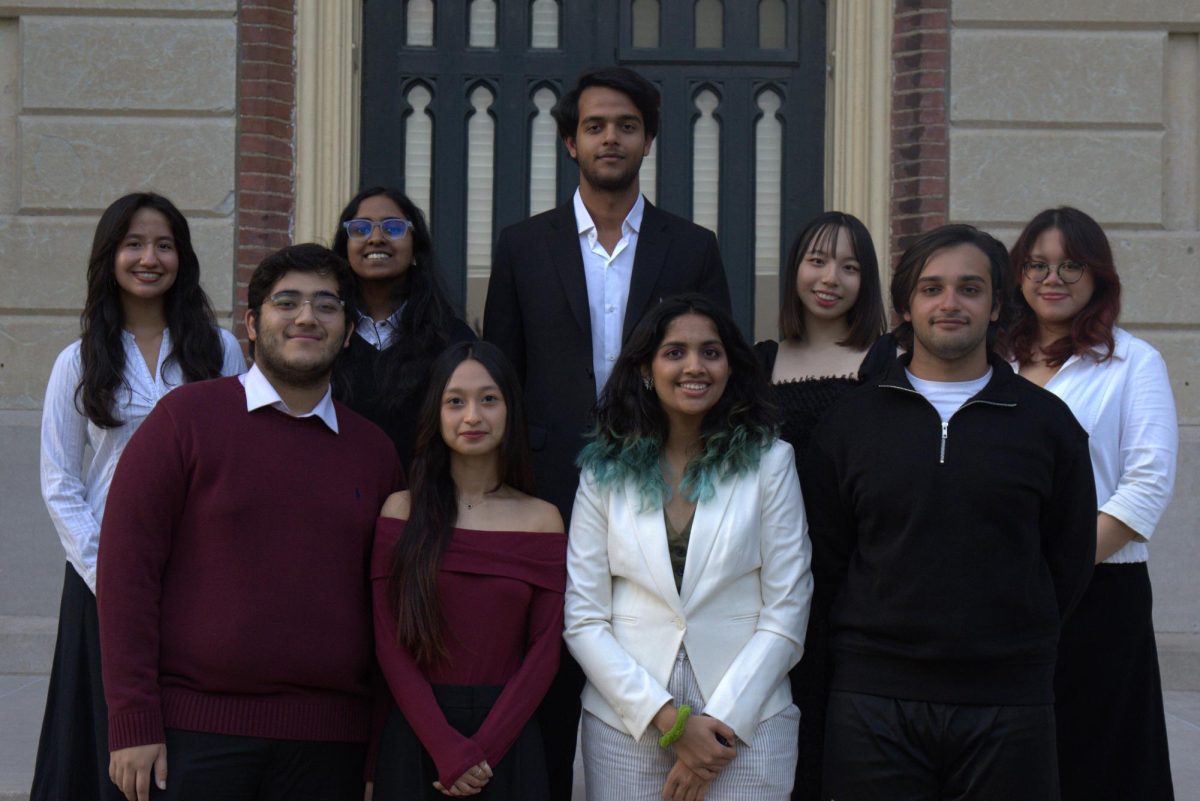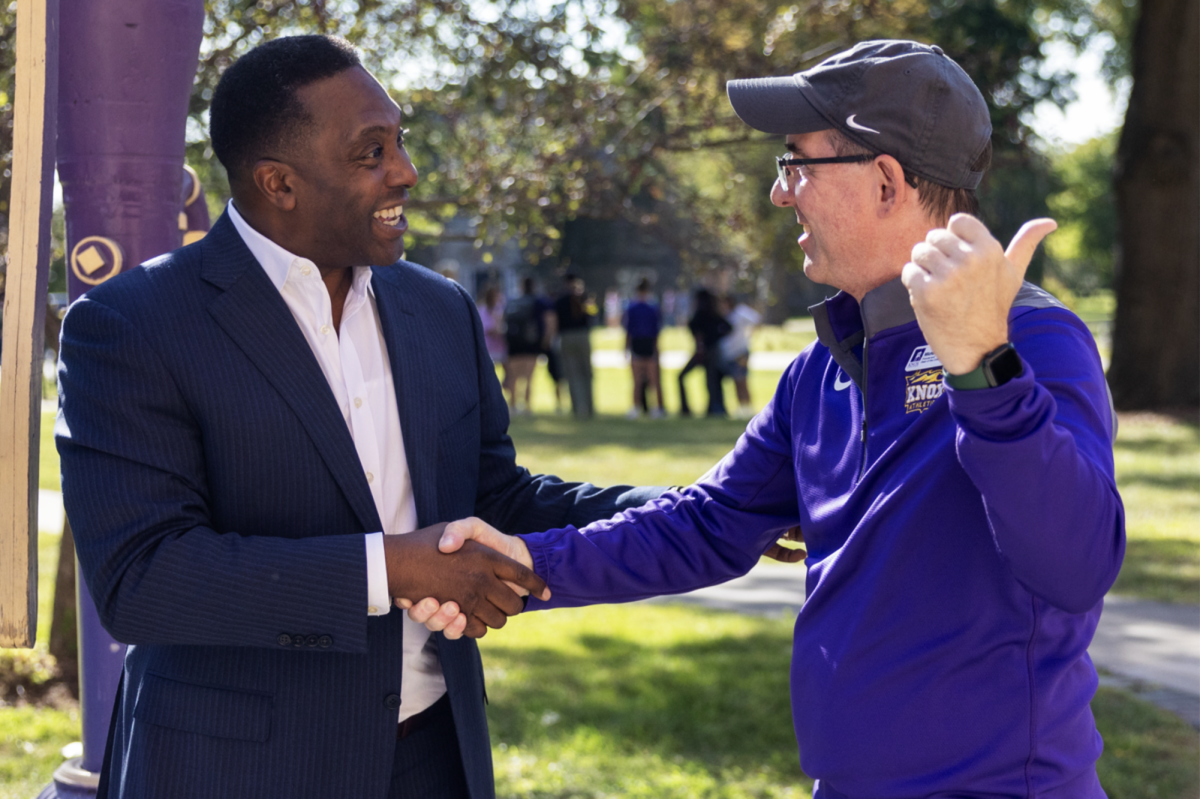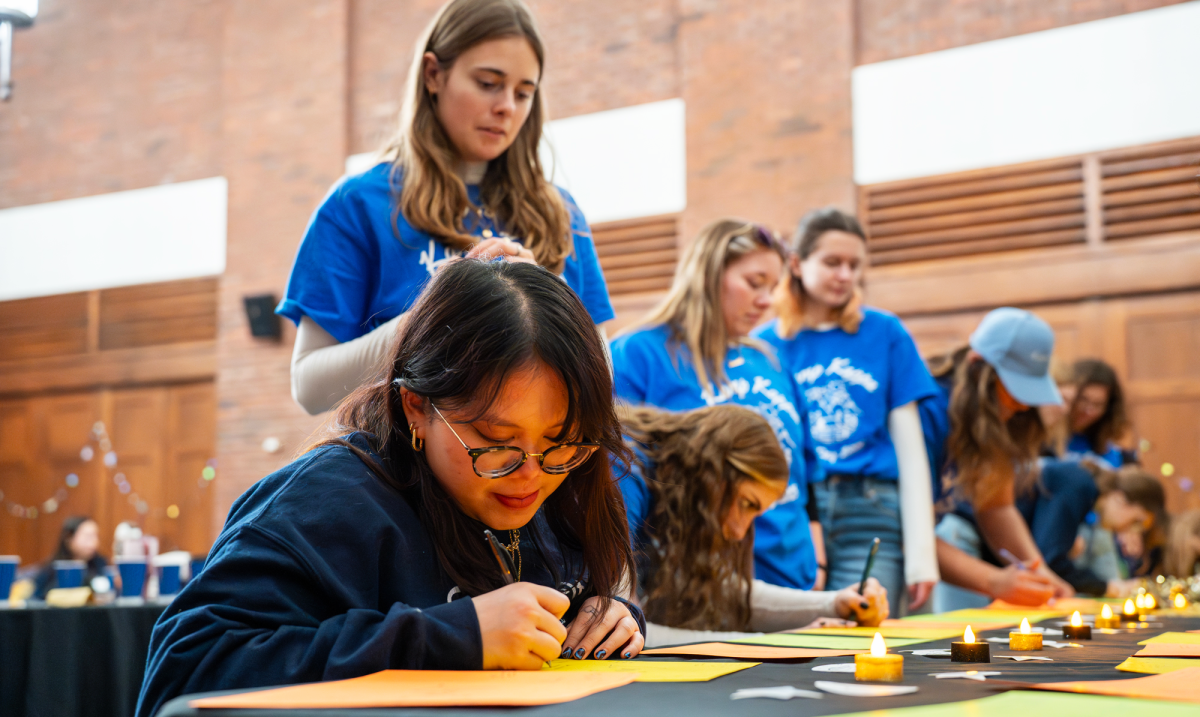Winter term will start virtually for the first five weeks in order to prevent the spread of COVID and the flu.
President Teresa Amott announced in a campus-wide email on October 2nd, 2020 that winter term classes will begin virtually for five weeks and change to in-person for the remaining five weeks in order to prevent the spread of COVID-19 during the flu season.
After going through several committees within the administration, they decided that virtual classes will last from January 4th to February 5th. Afterward, there will be a mid-winter break to space out student arrivals to campus and initial testing lasting from Monday, February 8th until Friday, February 12th. On February 15th, classes will begin virtually for the first week, as they did at the beginning of fall term, allowing hybrid classes to begin the following Monday, February 22nd.
In order to implement this change in the academic calendar, this year’s spring break will be much shorter than years prior. The set dates are from Sunday, March 21 to Tuesday, March 23rd with classes beginning on Wednesday, March 24th. Vice President Anne Ehrlich stated she feels optimistic about the winter term plan.
“I know some people are saying, you know, why not just do all of winter term remote? But that sucks. Nobody wanted that, so I think that this is sort of a compromise between de-densifying the campus during that high-risk time, but also maintaining an in-person component,” Ehrlich said.
Even though the first five weeks are moved completely online, Ehrlich remains confident that the plan will move on as stated in this email. She shared that based on her interactions with other administrators, she doesn’t see any reason to be concerned that the term will go completely virtual for all ten weeks as it did spring term when the pandemic began.
“As long as people behave the way they are behaving now. Frankly, this term exceeded my expectations in our low positivity rates and how well our students and faculty are largely adhering to the protocols and taking it seriously,” Ehrlich said, “Everyone is pretty optimistic that we will do what we said we were going to do.”
Ehrlich stated that the committees feel confident in the current testing protocols and don’t feel an urge to adjust them going further, unless given significant reason to. The testing will resemble fall term, with all students required to take an initial COVID test immediately upon arriving on campus, with a second test scheduled seven days later. After the initial testing, students will quarantine in their room until given a negative test result. With a negative test result, students can participate in modified quarantine until the campus opens again on February 22nd. The administration feels it is important to limit the number of times students are required to go through this phase of testing.
“The goal was also not to have to do it three times because that’s a lot for students. Also, having people travel during spring break increases the risk of exposure to the campus community,” Ehrlich said. “I think most people understand that having everybody go out and travel for spring break for ten days and then come back, we’re going to have to do the whole thing all over again. Everybody is going to have to quarantine all over again, and it’s just an unnecessary risk.”
While most students won’t be living on campus, this announcement does not mean that there won’t be anyone on the Knox grounds during winter term. Special circumstances, such as athletes whose team schedule starts before the campus opens, students who petition to remain on campus for personal reasons and students who are registered in certain classes that require the campus environment – such as art classes or certain classes with a lab component, will be available.
“So the goal is definitely not to have no one on campus. The goal is to have as few students on campus as reasonable,” Ehrlich said. “It kind of sucks not having you all around, that’s why we took these jobs in the first place. It would be bad financially for the college because we lose all the room and board revenue, and it’s probably not great for retention either, so that’s [not] a good situation for anyone, so we definitely want to avoid it,” Ehrlich said.
In regard to spring term, Ehrlich hopes that campus will be going mostly back to “normal,” as she stated in an interview, as long as students and faculty continue to follow protocols such as wearing a mask (completely covering the nose), social distancing and washing hands often. She believes that being proactive in regard to flu season is crucial to the general safety of the community and helps prevent the spread of illness between those who are on campus.
With this in mind, Ehrlich shared in this interview that there is confirmation that Flunk Day 2021 is in the conversation and has not been forgotten.
“We do want to have a Flunk Day. I don’t know what it’ll look like yet, but we will be able to do something. There hasn’t been a good flunk day in two years,” Ehrlich said.


